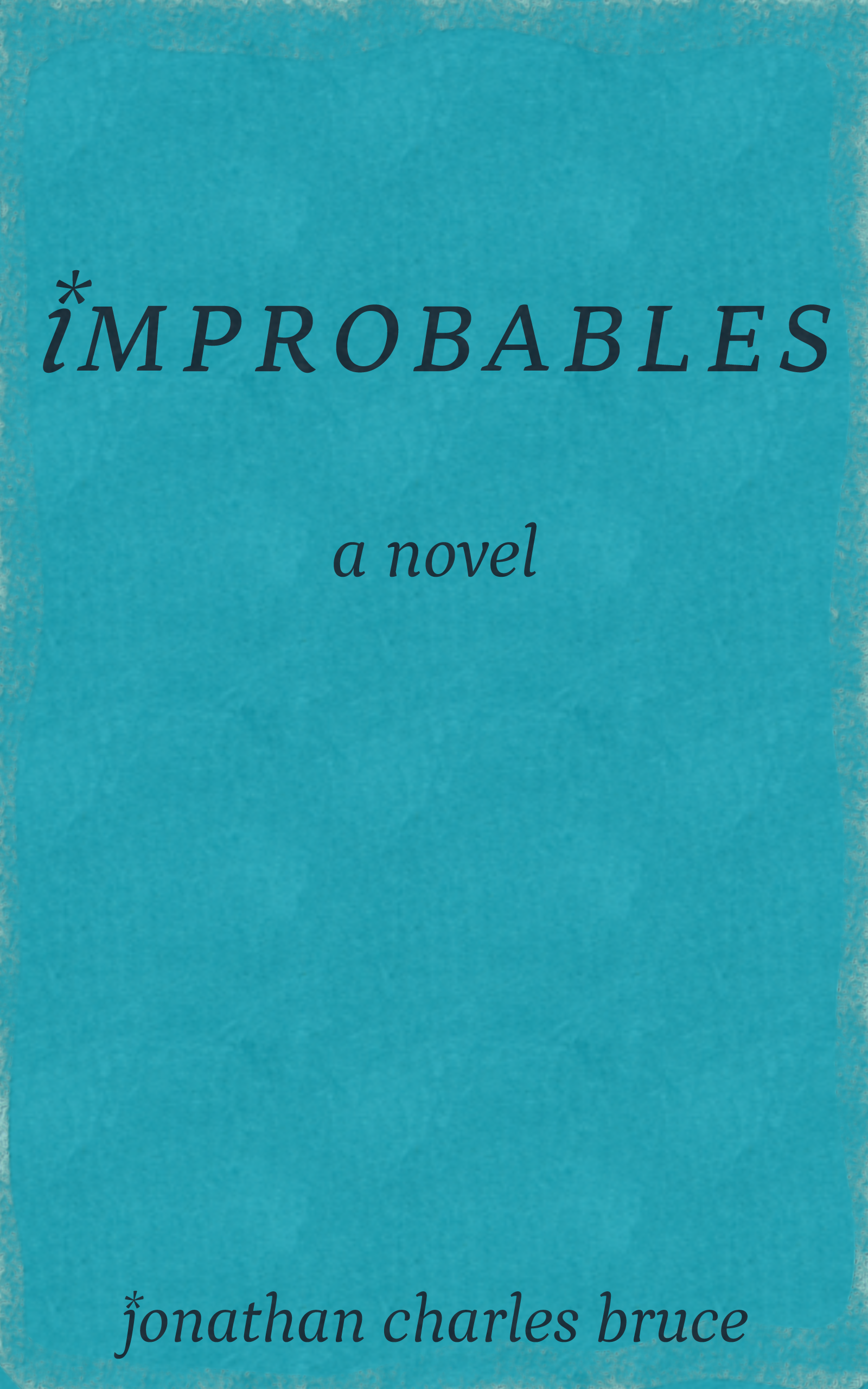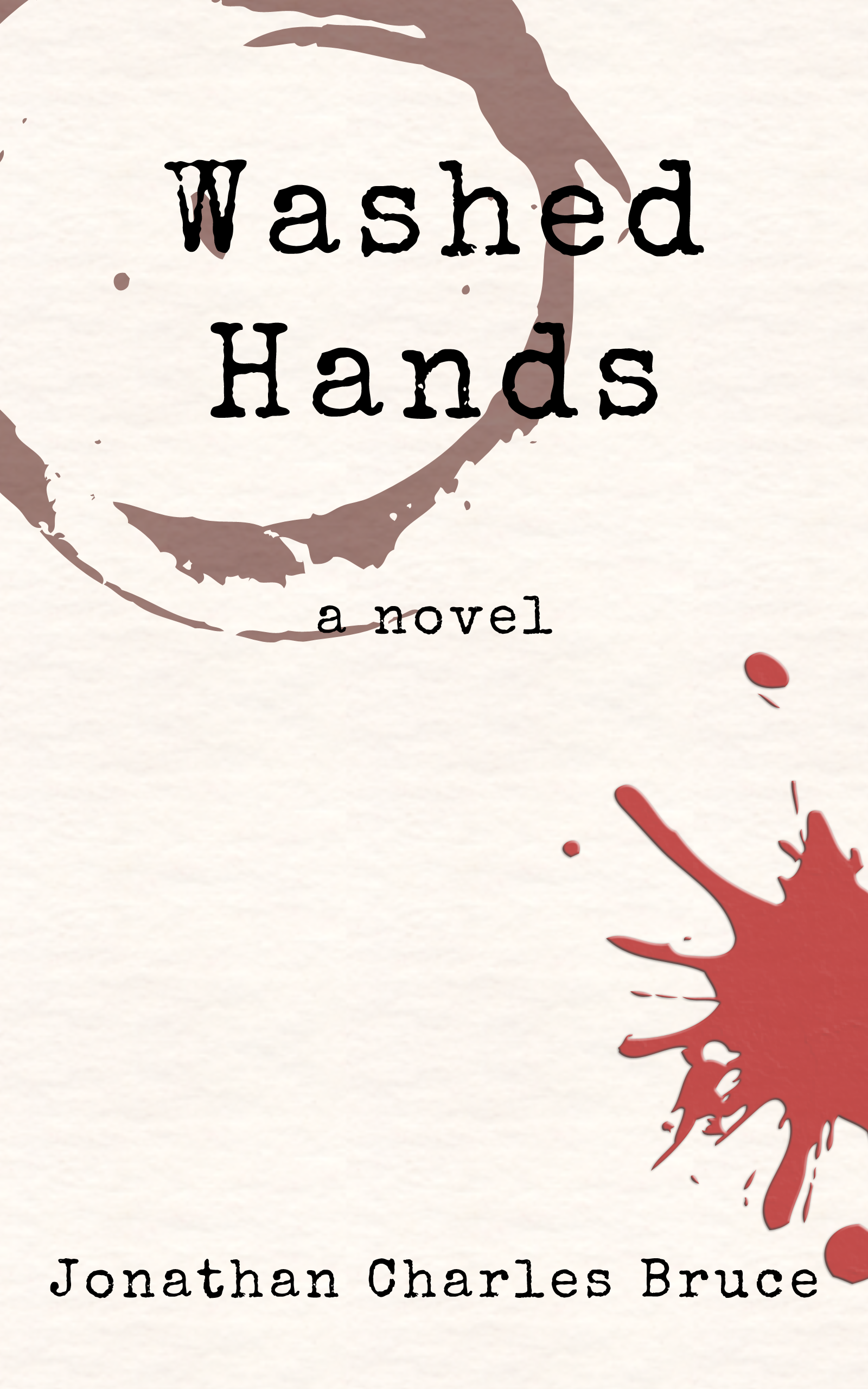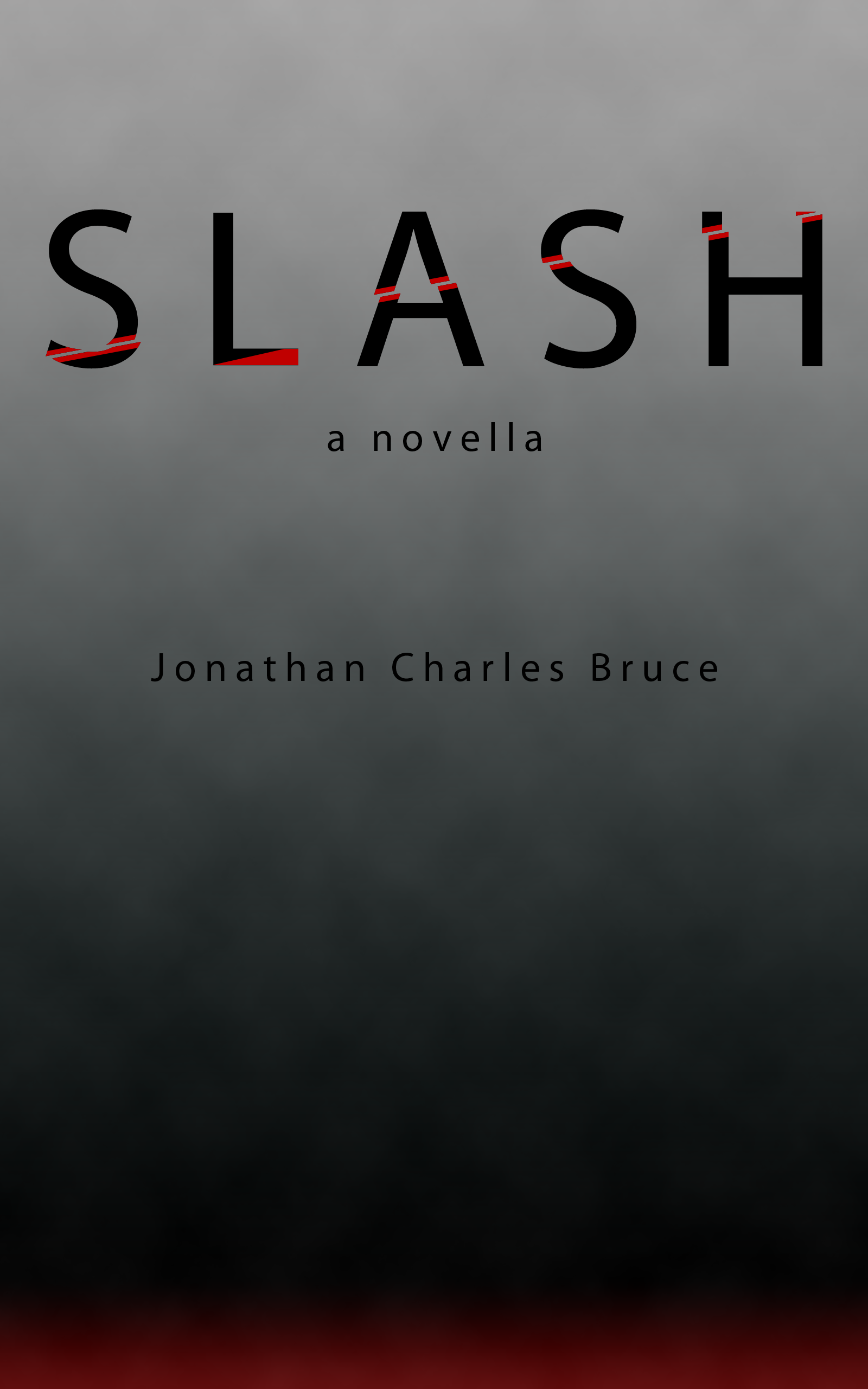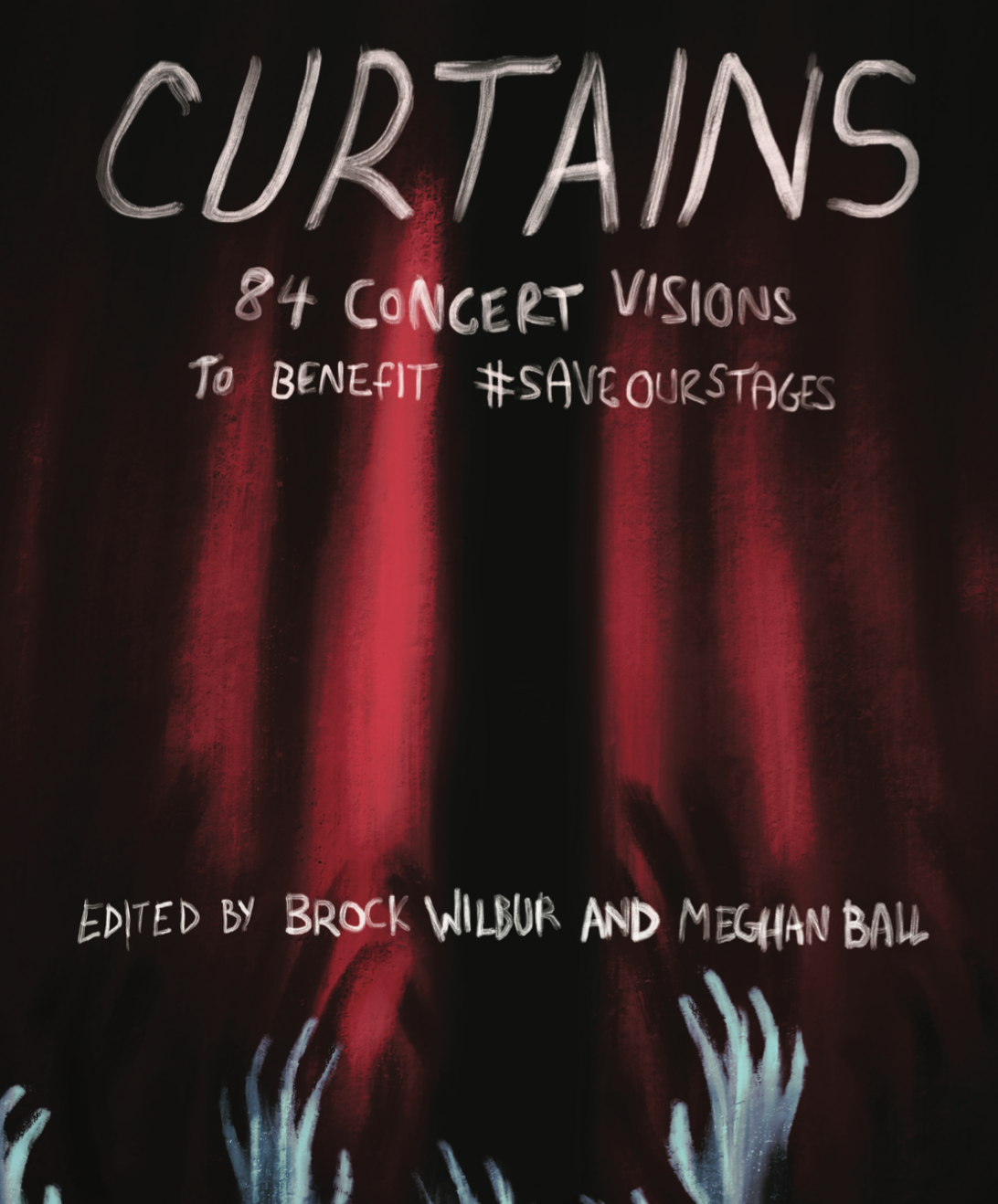Writing Talking Okayishly
Another recurring theme of reader reviews is that, apparently, I write dialogue real good-like. So then I thought, “Golly, I’m going to write a brief post on how to write that thing where people word at each other verbally.” It seems like a good idea: I’ve written about action sequences and how I approach writing on a larger scale, so it would make sense to explain how I work with intimate character interactions that don’t involve slamming a car door into someone’s face.
It’s just a shame that I have no idea where I picked up that particular skill of mine.
I’m not trying to sound modest or that I was innately born with some gift or something like that; I just literally have no idea why the dialogue I write is routinely held up as something good. I’m glad it is so enjoyable with people. But as for where it comes from… well, I’m a bit at a loss.
With Project Northwoods, one reviewer made mention how they felt my dialogue was like an R-rated Joss Whedon. Naturally, this tickled me, as I am a fan of Buffy the Vampire Slayer and a large chunk of Whedon’s oeuvre. It would make sense that I took lessons from the master of suspiciously witty dialogue, but if we’re being honest, Project Northwoods was pretty much done by the time I actually sat down and watched Buffy. While clearly something I adore, the seeds for groovy dialogue had already been planted before watching the creature-of-the-week get its bones broken by Sarah Michelle Gellar.
It could have something to do with my time writing scripts for the stage. Dialogue is clearly a key element of stage productions, as they are one of the most important means of relaying plot to the audience. Conversations need to happen quickly and they need to be memorable while still feeding us a steady drip of plot. Since I worked quite a bit with people who were saying the things I wrote down, I always tried to be aware of how my dialogue “sounded” while writing.
Things didn’t always work out, mind you. There were the occasional glitches where something I wrote sounded decidedly… saucier… than I originally intended. And then there were the weird inflections actors would adopt, but that’s less my fault than theirs.
Even that, though, doesn’t seem to explain quite exactly how I picked up on writing conversations. It’d be easy to just find some other television show or movie and claim, “There. That’s the one that did it.” And I suppose that Red Dwarf or Blackadder could be held reasonably responsible for cultivating my sense of wit.
If we’re being honest, I think the largest inspiration for the kind of dialogue that I write is in the way I interact with my friends. With the people I’m most comfortable around, there’s a significant amount of playful back-and-forth that comes as a result of having a clear head and a good time. Since I’m just kind of observant by nature, it makes sense that the way I engage with the people I love is the heart of the material I write.
With the meandering thought exercise out of the way, let’s reassess just a little bit. It’s most likely that my writing is drawn from all of the above in some way. After all, no one learns to write once and is then some unimpeachable master of the craft. Writing is, and always will be, a process.
So… yeah, I don’t really have much in the way of an easy answer for those of you who are dying to know how I do it. I mean, I could be cruel and just give you some weird tip and swear that it’s something I’ve been doing for a while now, but that would be a lie. The most I do is work through the dialogue out loud when I’m alone in the car or apartment. I’m usually painting in very broad strokes to flesh out what needs to be said in terms of relevant plot information and the like. The closest I could get with actual advice would be to get some of your friends to read it out loud for it, but I’ll be damned if I know whether or not that works. In theory, it’s a sound idea, but it’s not like I have experience with it.
Well, except the whole play thing. But that’s a whole different thing.
But let it not be said that I’m not willing to try and appease my fans/friends/people-who-haven’t-engineered-my-grisly-death-yet! What we could do is take an exchange in my recent release and see what we end up with after some light analysis.

Just, you know, leaving this here. In case you're interested.
I mean, it’s staggeringly similar to a rather brutal evisceration I did of Silent Hill the other year, but instead of figuring out what makes bad dialogue bad, we’re trying to figure out what makes (supposedly) good dialogue good.
From chapter eight:
“Hi,” the blonde said, pulling off her headphones and smiling. She took a few steps toward Abigail. “Sorry to barge in. Collins isn’t usually one for company.”
“Apparently,” Abigail responded slowly.
The woman held out her hand. “Marley Bennetts,” she said.
Abigail took it and felt the iciness of Marley’s skin bleed into her own. “Abigail Wren.” As politely as possible, she freed her hand from the other woman’s grip.
“She was just leaving,” Collins said, pushing past them and heading to the door.
Abigail held her hand up toward the man, bidding him to stop. It was a largely useless gesture, what with his back being turned to her and all. “Hold on a second.” Collins stopped. She looked at Marley. “How exactly do you know Collins?”
Marley’s face broke into a wide smile. “Oh, well, where to begin?”
“College,” Collins offered gruffly as he turned around.
“Right!” Marley said, turning to him briefly to exchange some non-verbal signal. When she looked back at Abigail, the smile had grown a bit more playful. “Good ol’ college,” she said vaguely.
“Where?” Abigail asked.
“State,” Marley responded.
“Which one?”
“Colorado?” she answered, more asked than stated.
“When?”
“Oh, it was years ago.”
The description is clearly second-fiddle to the dialogue, which does the heavy lifting for the audience. The quick, rapid-fire probing questions, coupled with the incredulity implied by some of the other lines, is within Abigail’s character that we know up to this point. The newly introduced character, Marley, is caught flat-footed and is either giving one-word responses out of shock or to keep the lies simple—the mark of a good conwoman. Collins… exists.
What would happen if we were able to strip away the description and use basic dialogue tags like some kind of lazily written fiction?
MARLEY: Hi. Sorry to barge in. Collins isn’t usually one for company.
ABIGAIL: Apparently.
MARLEY: Marley Bennetts.
ABIGAIL: Abigail Wren.
COLLINS: She was just leaving.
ABIGAIL: Hold on a second. How exactly do you know Collins?
MARLEY: Oh, well, where to begin?
COLLINS: College
MARLEY: Right! Good ol’ college.
ABIGAIL: Where?
MARLEY: State.
ABIGAIL: Which one?
MARLEY: Colorado?
ABIGAIL: When?
MARLEY: Oh, it was years ago.
In my completely subjective opinion, I don’t think anything is truly lost without the extra description. The exchange, even without the stage direction, is pretty solid. We’re missing some important things that dialogue can’t quite cover: Marley’s icy skin (she’s not quite human), nonverbal cues between Marley and Collins (they’re close enough to communicate without words), etc. The point is that the dialogue, while functional, is snappy and playing to two important things in turn—character and plot development.
Well, plot development in the abstract, I guess. Marley is lying to Abigail, after all. But that lie is a part of the plot, so…
Um…
New section! From chapter twelve:
“I told Gary about your excursion. Keep an eye on your mileage for reimbursement.”
Abigail was taken aback as she grabbed hold of the gift. “Seriously?”
“Business stuff.” She winked. “Very official.”
“We’re also going to Bronson’s BBQ Shack,” Winston said. Abigail had to leave the cubicle to see him to Lacy’s side, leaning on the partition in a very fashionable wool coat that stopped just above the knee. “As long we like, say ‘business’ or whatever, we’ll be compensated for that, too, right?”
Lacy patted Winston on the shoulder. “No,” she said plainly before walking away. “I’ll leave a message to let her know you’re coming.”
The two watched her leave. “It was a long shot, you know,” Abigail consoled.
“Yeah, but it doesn’t make it hurt any less.” He gestured toward the exit. “Shall we?”
“Let’s shall.” They began the journey out of the office, passing coworkers who were dawdling at the end of the day. “My car or yours?”
“Dusty old pickup.”
“Beat-up old station wagon.”
“Terrible mileage.”
“I use my phone’s speakers for music.”
“Pretty sure every fluid in existence is critically low.”
“There’s a funny clicking noise I’ve been meaning to check out.”
“My heat doesn’t work.”
“My car it is.” They reached the vestibule. “Why didn’t you lead with the heat?”
“Wanted to make it seem like you could win,” Winston said. He put his hand on the handle and looked at his companion. “You ready for this?”
Toward the end, you can clearly see that I dropped the dialogue tags to emphasize the speed of the goofy dual between Abigail and Winston. What I enjoy about this moment, if I might take a moment to come off like a totally self-absorbed wanker, is that this is something that Winston and Abigail have done separately before. The two have been in positions where they’ve had to convince others that their vehicles were not fit for driving and, to me, that kind of commonality shows that the two are friends on the same level.
Shut up, it’s sweet to me.
Once again, if we run it through the de-novelizer:
LACY: I told Gary about your excursion. Keep an eye on your mileage for reimbursement.
ABIGAIL: Seriously?
LACY: Business stuff. Very official.
WINSTON: We’re also going to Bronson’s BBQ Shack. As long we like, say ‘business’ or whatever, we’ll be compensated for that, too, right?
LACY: No. I’ll leave a message to let her know you’re coming.
ABIGAIL: It was a long shot, you know.
WINSTON: Yeah, but it doesn’t make it hurt any less. Shall we?
ABIGAIL: Let’s shall. My car or yours?
WINSTON: Dusty old pickup.
ABIGAIL: Beat-up old station wagon.
WINSTON: Terrible mileage.
ABIGAIL: I use my phone’s speakers for music.
WINSTON: Pretty sure every fluid in existence is critically low.
ABIGAIL: There’s a funny clicking noise I’ve been meaning to check out.
WINSTON: My heat doesn’t work.
ABIGAIL: My car it is. Why didn’t you lead with the heat?
WINSTON: Wanted to make it seem like you could win. You ready for this?
After removing all that meaty stuff, the barebones version of this scene is still pretty good. Since we lose the fact that Lacy condescendingly pats Winston on the shoulder before her “No”, her response can be interpreted any number of ways that will get a chuckle out of someone. Of course, Winston’s “doesn’t make it hurt any less” line is now more malleable. If you imagine that Lacy’s negative answer was harsher, Winston’s muttering is mixed with disbelief at the force of the comment.
Golly, this would make a nifty movie.
So, yeah. You can see how this is kind of a blog post on writing dialogue or whatever. I mean… that’s… my advice, I guess. If you can strip out everything and it still remains pretty readable and gets across the tone you’re looking for, then it’s good dialogue.
Or not.
I really have no idea what I’m talking about.
< PREVIOUS ENTRY • NEXT ENTRY >
Advice • Fiction • Gaming • General Musings • Reviews




